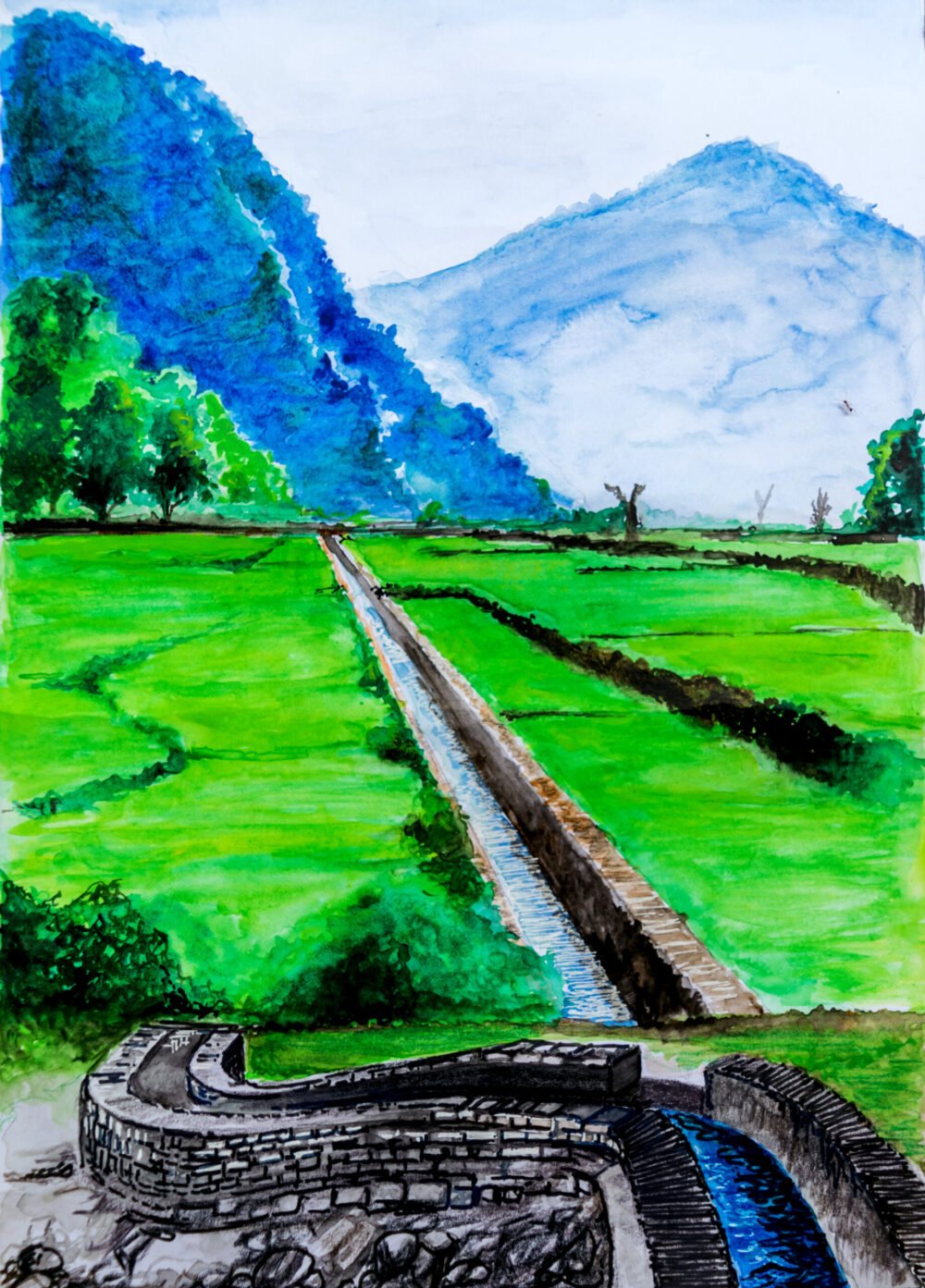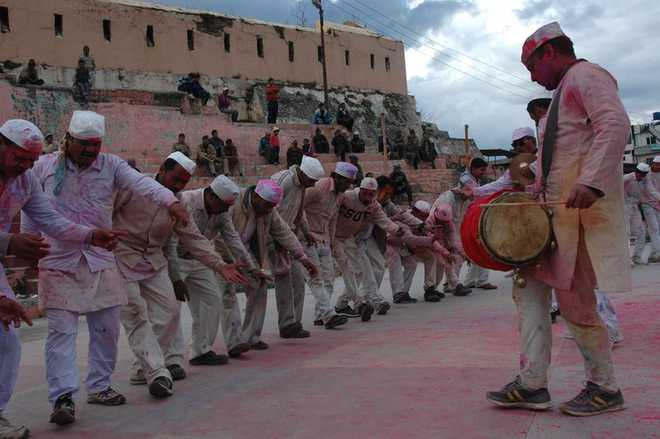The Waqf Act of India, initially designed to manage and oversee the properties endowed for public welfare in the Muslim community, has come under heavy scrutiny, sparking widespread debate. This discussion intensified after the recent Government of India’s announcement to amend the Waqf Act in response to complaints of unrestrained claims by the Waqf Boards on lands across the country. The proposed amendments aim to establish transparency and accountability, especially in managing property claims that have impacted numerous individuals and communities, sometimes without regard to their historical ownership.
Historical Context of the Waqf Act
The governance of Waqf properties in India dates back to colonial times. In 1913, the British introduced the Muslim Wakf Validating Act, later amended in 1923, and subsequently the Central Waqf Act in 1954. Initially, these laws allowed for judicial oversight of disputes concerning Waqf properties. However, a turning point came with the Waqf Act of 1995, which, while seeking to unify and standardize property management under Waqf Boards, also granted the boards unchecked power over Waqf property claims, preventing even the Supreme Court from intervening in tribunal decisions. This law introduced a principle of “once a Waqf, always a Waqf,” allowing the Waqf Boards to designate any property as Waqf without substantial checks, a rule that has fueled a series of controversial claims.

Issues Stemming from the Current Waqf Act
Under the 1995 Act, local Waqf Boards gained significant control over managing Waqf properties, creating challenges for property owners due to the boards’ expansive powers. Notable issues include:
- Unregulated Claims on Private and Public Land: The Waqf Boards have been reported to make claims on properties with no historical Waqf connection, impacting landowners who are then required to secure a No Objection Certificate (NOC) to transact their properties. Cases in Kerala, Karnataka, and other states have demonstrated the friction and mistrust this fosters, as non-Muslim landowners face unexpected restrictions over lands they have held for generations.
- Involvement of Religious Authority in Secular Affairs: The Waqf Act’s current provisions blur the lines between religious oversight and civil governance. The boards’ authority over secular property transactions has led to conflicts in communities, particularly where properties with cultural or historical significance are claimed as Waqf. This overreach also affects India’s secular framework, as no equivalent control is granted to other religious bodies in the country.
- Controversial Claims in Religious and Cultural Sites: High-profile cases of the Waqf Boards claiming sites like the Kanifnath Temple in Ahmednagar, the Tiruchenthurai village temple, and properties in Bangalore have highlighted the widespread impact. For instance, the Kanifnath Temple trustees possess documentation that dates back to pre-British times, yet the Waqf Board’s claim—based on a 2005 registration—has led to prolonged legal battles. Such incidents highlight the need for reform, as communities contest these claims on the grounds of historical documentation.
- Limited Judicial Recourse: Under the Waqf Act, appeals against Waqf Board decisions are limited, effectively leaving individuals at the mercy of the board’s ruling. This restriction has led to calls for judicial oversight to protect the rights of property owners. The absence of an external check or judicial review has created a parallel legal authority that limits redressal options.
Recent Developments and the Need for Reform
The call for amendments to the Waqf Act stems from diverse groups, including Muslim intellectuals, Shia and Bohra communities, and non-Muslim citizens who have raised concerns over the unchecked power of the Waqf Boards. The proposed Waqf (Amendment) Bill, 2024, aims to correct the imbalance in property management and disputes by implementing several measures:
- Mandatory Verification: All property claims by Waqf Boards would be subject to mandatory verification, especially those involving disputed lands. This change is intended to prevent unwarranted claims and ensure that the board’s decisions are evidence-based.
- Inclusion of Non-Muslim Members: To ensure inclusive governance, the amendment proposes appointing non-Muslim members to Waqf Boards. This measure reflects India’s diverse social fabric, promoting pluralism within the boards and reducing the perceived religious bias in property claims.
- Judicial Oversight and Appeals: The proposed amendment provides avenues for judicial recourse, allowing affected individuals to appeal Waqf Tribunal decisions. This amendment is crucial for accountability, giving property owners an option to challenge decisions that may not be fair or substantiated.
- Periodic Audits and Transparency: Implementing regular audits of Waqf property management will enhance transparency and ensure that Waqf assets serve their intended purpose. This step aims to curtail misuse of power, fostering better public trust in Waqf institutions.
- Reduction of Board Powers: The amendment also curtails the dictatorial authority of Waqf Boards, limiting their control over secular properties. This provision protects private property rights and alleviates inter-community tensions stemming from land claims.
Recent Tensions and Community Responses
Recent incidents in Vijayapura, Karnataka, and Malkajgiri, Telangana, where Waqf Boards issued notices claiming large tracts of farmland, have intensified the need for reform. Farmers in Vijayapura, for example, recently received notices that their lands were classified as Waqf, sparking widespread protests. According to reports, these notices were issued based on a 1974 gazette listing the lands as Waqf property. In response, Karnataka’s Minister M.B. Patil assured farmers that lands with verified ownership records would remain unaffected, promising a review of the notices.
Such cases have been used by political parties, notably the BJP, to criticize the ruling government, accusing it of appeasement policies. BJP’s Tejasvi Surya recently condemned the unilateral actions of the Waqf Board, emphasizing that the current government is committed to amending the Waqf Act to safeguard citizens’ rights.

Broader Implications of the Proposed Amendment
The debate over Waqf property management is not new; however, the current discussions underscore a broader question of how India manages its secular principles. For a nation as diverse as India, ensuring fair and equal treatment in religious property management laws is essential to uphold the secular values enshrined in the constitution.
As the Modi government prepares to introduce these amendments, it also signals a shift towards addressing historical grievances while promoting an inclusive approach to religious property management. By implementing stricter checks on Waqf claims, allowing judicial recourse, and involving representatives from diverse communities, the proposed changes represent a step towards balancing religious governance with secular responsibility.
Conclusion: Bridging the Divide
India’s Waqf Act, with its complexities and controversies, embodies the nation’s struggle to harmonize religious autonomy with civil liberties. The proposed Waqf (Amendment) Bill, 2024, aims to make Waqf management more transparent, inclusive, and fair, addressing long-standing complaints from various communities affected by arbitrary Waqf claims. While the bill is yet to be passed, the discussions it has sparked could serve as a catalyst for further reforms, not only in Waqf administration but in the management of religious properties across all communities in India.
The outcome of the proposed amendments, once passed, could set a precedent for addressing contentious issues surrounding religious properties. As the debate continues, one thing is clear: India’s journey towards a fair and inclusive governance structure that respects both religious diversity and individual property rights is a vital aspect of its evolving secular identity.
Discover more from The Doon Mozaic
Subscribe to get the latest posts to your email.



